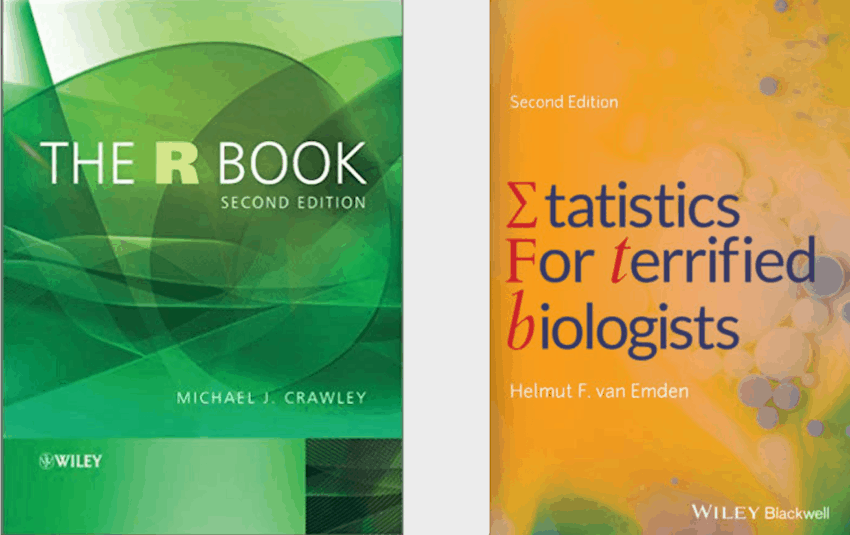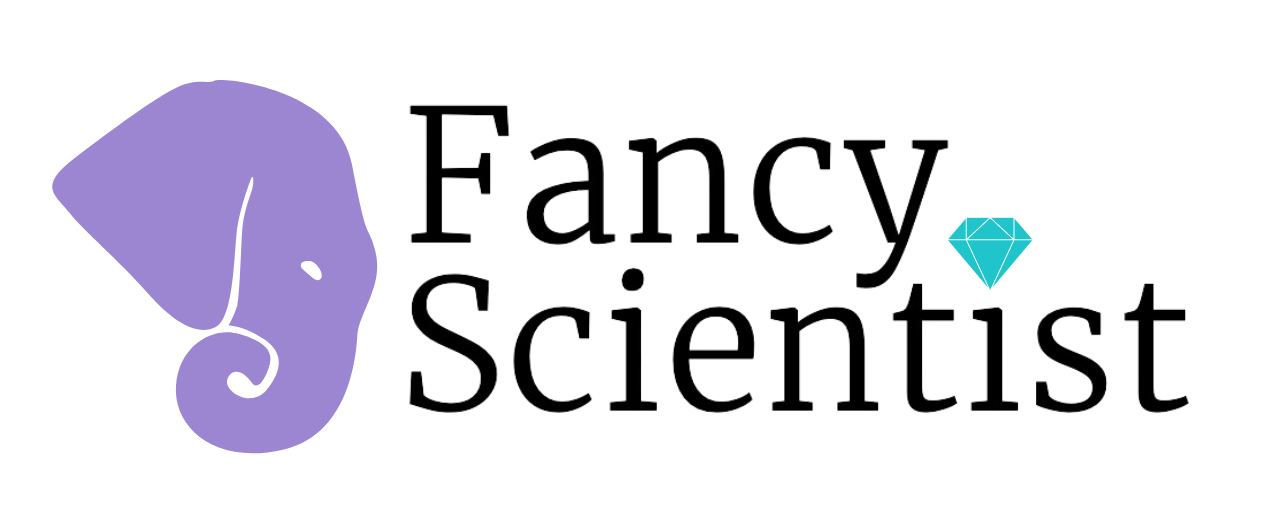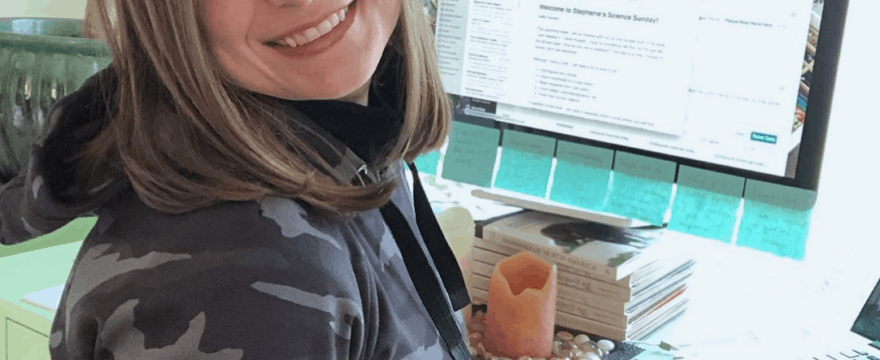*This post contains affiliate links. As an Amazon Associate, I earn from qualifying purchases. This means that if you make a purchase, I earn a small commission at no cost to you! Read my Affiliate Links Disclaimer for more information.
Wildlife biology has changed immensely in the past few decades. Some of the professors that I worked with for my Ph.D. calculated statistical results for analysis by hand.
The rise of computing power and sophisticated analytics have transformed this field; scientific knowledge and expertise alone is no longer enough for most jobs, and modeling skills and quantitative analyses are what is desired for a wildlife biology career.
I believe I went to graduate school during a time of such great transition (2006). No, we weren’t calculating anything by hand, but back then, a lot of people didn’t know about R. Most everyone enters the a wildlife biology career because they love being outdoors and/or their study system/species, but you need to be careful, because if you want to be outside, the more advanced your career becomes, the more likely you are going to be sitting at your desk staring at the computer screen.
When I was deciding on a career in wildlife biology and whether to get a master’s degree or a Ph.D., I sought advice from many scientists across many fields. When choosing a Ph.D. program and project, I was so worried about making the right choice as I felt this would influence the rest of my career.
Despite these worries, I was told over and over again that I would not be pigeon-holed into a position based on my graduate experience. But I believe the times have changed, and fast. I have seen a shift in the market since when I started, and I now advise my students differently.
I was taught that job advertisements were “wish lists” and that if you meet 75% of the requirements you should still apply. Competition has increased so much though that employers now have the luxury to choose candidate with the credentials that perfectly match match the job posting (and in many cases, even exceed them).
“In this case it simply came down to finding a candidate that matched our needs almost exactly, and we were fortunate in that regard.”
-Email response from a job I interviewed for that I did not get
I believe current and prospective students need to be concerned about being pigeon-holed in today’s market and plan their experiences carefully to garner the skills necessary to get the job the want.
Here’s my advice:
1. Choose the Wildlife Biology Job You Want Right Now
Look at job postings and the jobs you ideally want – not the entry-level positions, but your ultimate career goal jobs. Do this now before you start your career in wildlife biology.
Use my wildlife biology job board list to find jobs. Use my job tracker (download below) to help you organize those jobs. Do this over the course of at least several months.
After you collect a large number of postings, look for common themes and make sure you get those qualifications before leaving graduate school. I think this step also applies for those interested in academia; look at how the job is advertised (e.g. urban ecologist, evolutionary biologist, etc.) and think about all the different ways you can sell yourself.
You may also be surprised by how infrequently the type of job you ideally want is posted. A couple of weeks ago, someone posted in the Wildlife Science Careers Network Facebook group that they wanted a job studying primates or with carnivores. Those jobs are rare and very competitive!
I get a lot of requests from young ppl about how to "get into" the big cat world, and I often don't answer… because the truth is that it requires a lot of luck and there are far more people interested than opportunities available. Any tips for how I can be more helpful?
— Lisanne Petracca (@LisannePetracca) January 27, 2020
2. Truly Understand the Job and What Wildlife Biology is
A lot of people do not understand what wildlife biology is or what a wildlife biologist does.
If you visit other sites on getting a job in conservation or wildlife, you will see lots of photos of people feeding animals, them out in the field, or amazing animal photos in general. However, there are many jobs, and I would even say the majority of the permanent jobs are office-based.
99% of the time I am at my desk behind a computer screen!

I post beautiful photos of animals to my Instagram, but I have only been to most of those countries once for days/weeks at a time. Almost all of the professors I worked with in graduate school never or rarely went to the field, and if they did, a lot was more of a managerial position (i.e. managing students in the field rather than doing the works yourself).
I have seen the same pattern in federal and state positions, and even abroad. Many scientists I met during my field work in Gabon lived and spent most of their days in the capital, Libreville. If you really love doing field work, think hard about getting a Ph.D.
I work extensively supporting ecology research. One of our researchers used camera traps to collect data on moose, and got a Masters on moose, without ever seeing one in person (and only left the office once a month).
— Derek Ryder (@RyderDAR) December 10, 2019
Also, take the time to understand what you will be doing in the job. If you are going into research, you have to really love the practice of research (asking questions, testing hypotheses) – that should be your driving factor.
3. Know What You Love to Do
If you like just being around animals or nature, research may not be for you, and you might find more happiness in a zookeeper position or working in a wildlife sanctuary. In the recent past, publishing papers on the natural history of species was enough, but now that is difficult to do due to lack of funding sources dedicated to this type of research, and scientific journals’ reluctancy to publish results.
Now research is driven by testing theories and concepts that can apply to a wide range of taxa. In other words, you have to really love science, which means analyzing data and writing.
Finally, a lot of conservation work has nothing to do with animals, but everything to do with people. Again, if the parts that fascinates you about a job in wildlife biology or conservation is the idea of seeing animals or being around animals, then stick to the master’s level position.
4. Carefully Choose Between a Ph.D. or a Master’s Degree
Review the the job descriptions and requirements that you’ve collected to see what kind of experience you will need. I went from several internships after college into a Ph.D. program, so I didn’t have the opportunity to search for jobs at the bachelor’s degree level, but based on my experiences and perceptions from being in the field, it seems difficult to get a permanent job with a bachelor’s. Check out Kristina Lynn’s website for advice on this.
Deciding between a Ph.D. and a master’s is a tougher decision. If you end up getting a Ph.D., but are more interested in jobs that require only a master’s, you can be overlooked if you apply to those jobs despite meeting (and exceeding) the requirements. This happens frequently (both in my experience on hiring committees and as a job-seeker) and if you are certain you want masters-level jobs, then do not get a Ph.D.
The employer might make a lot of assumptions about you, for instance that you might be unhappy in that type of job or that you are only using this job until you can find another better job. It can be very difficult to convince the hiring manager that you really do want this job.
Once you get a Ph.D. you are expected to be the one managing research, so your top interests should be conceptualizing projects and writing up the big picture – not so much about data collection.
5. Carefully Choose Your Advisor and Lab
Once you decide what level of education you want to get, you have to decide where to do this, but more importantly, with whom. I personally believe your advisor/lab is more important than the degree/department, but opinions may vary on this.
Why is your advisor more important? Because your advisor is your gateway to your next job. They are your major source of networking for future jobs and if they have a rock solid reputation and a lot of connections, this will get you places. In my upcoming book on careers in wildlife biology, I go over step-by-step how to choose an advisor and research topic.
You should also consider your labmates and the department. This will be your major source of future colleagues and collaborators, so if you find out that your advisor is not exactly a perfect fit (or frequently not there, yes this is actually pretty common), it may be worth it still to pursue working with them if they have a solid lab.
In regard to the school/department you belong to, my degrees are in biological sciences, but they could have easily been in the Fisheries and Wildlife Department (and I would have been paid less for doing the same type of work, but that is another topic), and I even applied to work under a professor who was in the Geography department.
6. Pick the Right Courses
That said, make sure you get the courses you need for the job you want despite the department. When I was in undergrad, I went to a large state school, but there were not the specialized classes like there are today, and I also didn’t realize the value of taking some classes. For example, in some government jobs you can meet and exceed every criteria, but if you haven’t taken a botany class, then you will not be qualified.

Courses seem to be less important than your actual research experience. That said, you CANNOT take enough statistics courses nowadays. Really, many in-demand positions are quantitative.
7. Consider Courses in Other Fields
Also, if you know what you want to do, you should get courses in that field because everything is so specialized. For instance, if you want to work for a nonprofit, you might want to take policy, economics, or courses about fundraising/marketing.
There are so many options nowadays, so I think it is better to over prepare than under. Some fields are very specific about their course work.
My book offers more in-depth advice as well as a recap of my career in wildlife biology.
Love this post? Share it with friends!




